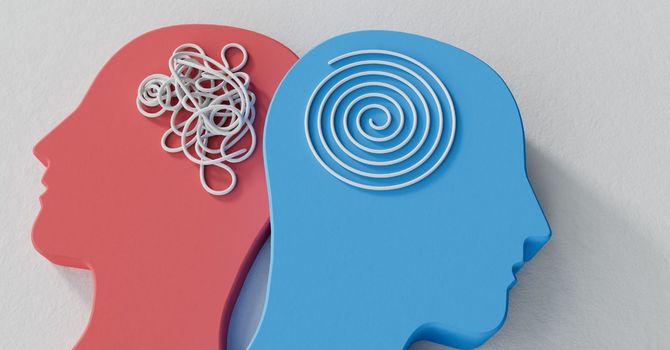.jpg)
On September 30th, we come together as Canadians to observe National Truth and Reconciliation Day, a day of immense significance. It's a time to reflect on our shared history and to embark on a path of healing and reconciliation with Indigenous communities across the country. As a psychology business in our community, it's deeply important to recognize the personal connections between mental health and reconciliation. In this blog post, we'll explore the broader context of this day and how it relates to the well-being of Indigenous communities.
To understand the significance of National Truth and Reconciliation Day, we must acknowledge the painful history of the residential school system in Canada. These schools forcibly separated Indigenous children from their families and abused and neglected children causing immense emotional and physical harm, and death in many cases. The wounds from this period continue to reverberate through generations. As individuals we all must recognize the utter devastation and atrocities that these so-called institutions brought upon the first people of the lands.
The connection between mental health and reconciliation is deeply varied. Here's how it touches all of us on an individual level:
- Addressing Trauma: Many Indigenous individuals and families bear the trauma of the residential school system. It's essential that mental health services provide specialized care for trauma survivors, offering support tailored to their unique needs.
- Cultural Awareness: Understanding and respecting Indigenous cultures is central to effective mental health care.
- Community Healing: Reconciliation is not a solitary journey. As a mental health business, we can support community healing efforts by facilitating safe spaces and dialogue.
Empowerment through Education: Education is a potent force for reconciliation. We all can do our part by educating ourselves and others.
This is a day where we must all sit and reflect, and make ourselves uncomfortable in order to even begin to come close to understanding the immense harms and effects of colonization here in Canada. I myself am no expert on this topic, I have so much more to learn and understand, but I do hope that this article helps to raise awareness and construct a framework of continued learning and growth.




